|
Climate change has been impacting the planet for quite a while now. In fact, Arrhenius published the first calculation of global warming from human CO2 emissions in 1896. For many people, it is easy to confirm that climate change is a real problem and escalating fast. However, there is a staggering division amongst opinions, especially in the United States. As of 2016, roughly 31% of Americans denied that climate change is due to humans, and 20% deny climate change altogether. So what’s with this gap in popular opinion? How can people be so skeptical of the changes happening right in front of them? To some, it’s hard to understand how our peers can be so skeptical of something that is happening right in front of them. The way we view information depends on how we interpret it as well as whether or not we want to take ALL the information into account. Interpreting climate change data, can be difficult to anyone who is not familiar with scientific jargon. Some people are intimidated by graphs and charts. This can lead to ignoring information that is clearly displayed, all on the basis of disliking the format or way it was presented. Another issue, when interpreting facts, is how those facts directly impact the person looking at them. Obviously, someone who owns or manages a company which produces high levels of waste and emissions daily does not want to hear about how they are contributing to a “crisis.” In some cases, this is deliberate. Corporations with vested interests have funded a media campaign to cast doubt and nonprofits that have slick anti-science propaganda. Thus is well-documented in books like Erik Conway’s "Merchants of Doubt", or Michael Mann's "Climate Wars." Not only are people misinterpreting, but the general public listens to these misinterpretations, especially when someone who holds a high profile position (ex: legislators, congressmen, actors, etc.) gives an opinion. However, it’s natural for people to interpret or selectively cherry-pick evidence and facts so that their own beliefs are confirmed. This is referred to as a ‘confirmation bias.’ Unfortunately, for many skeptics, climate change data is interpreted in order satisfy their confirmation bias. “People are always clinging to what they want to hear, discarding the evidence that doesn’t fit with their beliefs, giving greater weight to evidence that does.” Media and Politics only amplify denial Media and politics play a large part in how people view climate change, and can also fuel their skepticism. Everyone knows that the media can twist words and choose what part of the story they want to tell in order to satisfy the public. Climate change is usually not the “juicy” story that people want to watch or read about because the media can over sensationalize the information or event. Major news networks choose to ignore mentioning climate change when extreme weather events take place. For instance, hurricane Irma and Maria devastated the Caribbean, and while scientific data showed a correlation between climate change and extreme weather, many news networks neglected to present that information to the public. Also, media tends to cover politics and the views of different politicians more than it covers the views of scientists; and this can influence skeptic views. Scientists aren’t always inclined to engage with the media at times, but it is easier to listen to the opinion of a high profile politician than it is to researching the data that was collected and confirmed on the matter. When a popular politician makes a statement saying that “global warming is a hoax,” the public fails to remember that this is opinion-based only. It’s very unlikely that every politician who has denied climate change actually did their research in order to confirm this denial; and yet these opinions are exposed through the media over scientific findings. ““People put a lot less effort into picking apart evidence that confirms what they already believe.” So how are we supposed to view climate change One thing that is not opinion based, or influenced by outside sources is the scientific data pertaining to climate change; over 97% of scientists and researchers are able to come to a consensus that climate change is a very real threat. So what have we learned so far about the changes occurring globally? Last year, we saw average global temperatures break records, and 2016 was the third record breaking year in a row. Along with these temperature rises, CO2 levels are twice as high as normal, threatening the pH balance in the oceans and contributing the diminishing coral reef. We are also seeing sea levels rise faster than ever before-3.4mm a year-threatening many coastal populations over time. This is only some of the information that we are certain about and that raises concern for our future. It’s not solely about “who” you should listen to; it is also about how you should act to help reduce the effects of climate change. We have moved beyond the argument of “right and wrong” because we already have the information to show that our climate is changing, and now it is time to tackle the threat at hand. "Yet all is not lost. Human beings, while capable of the worst, are also capable of rising above themselves, choosing again what is good, and making a new start." –Pope Francis
4 Comments
As with most issues, there are differing views and responses regarding climate change throughout the world. These differences between nations will likely play a great role in how COP23 carries out. For our purposes, we will be exploring three nations: Fiji, Germany, and the United States. Fiji Fiji is a small island nation in the Pacific and is the president of COP23. Fiji has placed the emphasis of COP23 on vulnerable nations. Climate change threatens the very livelihoods of the Fijian people. Ocean acidification negatively impacts marine ecosystems and rising sea levels combined with increased storm patterns increase coastal flooding, harming agricultural land, and increase susceptibility to foo- and water-borne illness. As a small island nation, Fiji is one of the smallest producers of carbon emissions but suffers some of the greatest effects. Already, Fijians are relocating their communities and moving to higher grounds to escape rising waters. Fiji is very actively involved in developing policy for sustainable development, and has pledged to move to completely renewable resources by 2030. Additionally, Fiji strongly advocates international efforts in combatting the effects of climate change. "Unless our world acts decisively to begin addressing the greatest challenge of our age, then the Pacific, as we know it, is doomed" -Frank Bainimarama, Fijian Prime Minister & COP23 President Germany Germany is known for its innovation. Germany is working very closely with Fiji to serve as the geographic host of COP23. This is not the German government's first time hosting the COP (COP1 was held in Berlin). The city of Bonn, the home of COP23, serves as a UN hub for sustainability, housing 19 UN agencies that all deal with global issues related to the climate with an additional 150 international organizations in the area. Additionally, North Rhine Westphalia, the state in which Bonn is located, is the most populous state and a hub for protection. The state is transitioning into a green economy, and plans to showcase these developments in a series of excursions throughout the time of the conference. Germany as a whole has greatly incorporated renewables into its energy scheme and continues to further this by expanding on renewables and replacing nuclear energy with other renewable resources. "...climate change is accelerating. It threatens our well-being, our security, and our economic development. It will lead to uncontrollable risks and dramatic damage if we do not take resolute countermeasures" - Angela Merkel, Chancellor of Germany United States The United States is in a unique situation at this Conference of Parties. We are one of just two countries that are not signers of the Paris Agreement. When it comes to climate change, the United States are very much divided. We are the only country with significant denial of climate change and the government of Florida, the state most susceptible to the impacts of climate change, has placed bans on the terms "climate change", "global warming", and "sustainability". In the midst of these waves of such strong climate denial, there is a push to get the US to COP23 in alternative ways. The ICLEI - Local Governments for Sustainability is working to sponsor 7 delegates from throughout the United States to attend COP23, turning to crowdsourced funding to assist in travel costs. The current situation in the US can easily be described as confusing and disheartening, and the world will surely be looking out to see how the US participates in the COP. Climate change denier in contrast to climate change march participants. (sources: legal-planet.org and slate.com) "Think about this: terrorism, epidemics, poverty, the proliferation of weapons of mass destruction -all challenges that know no borders- the reality is that climate change ranks right up there with every single one of them" -John F. Kerry, former US Secretary of State "Healthy debate is the lifeblood of American Democracy, and global warming has inspired one of the major policy debates of our time. The debate is far from settled" - Scott Pruitt, Administrator of the Environmental Protection Agency (EPA) Jessica was partially supported by NSF award number 1259896
|
Categories
All
Archives
March 2024
|
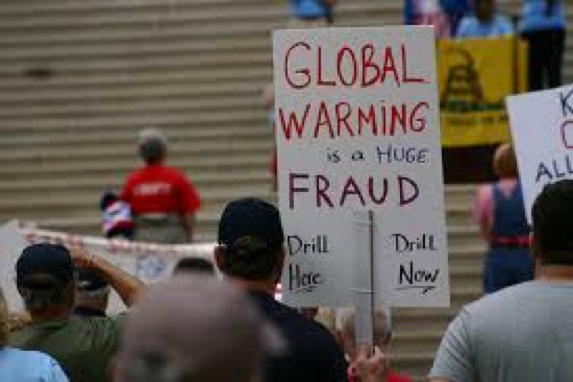
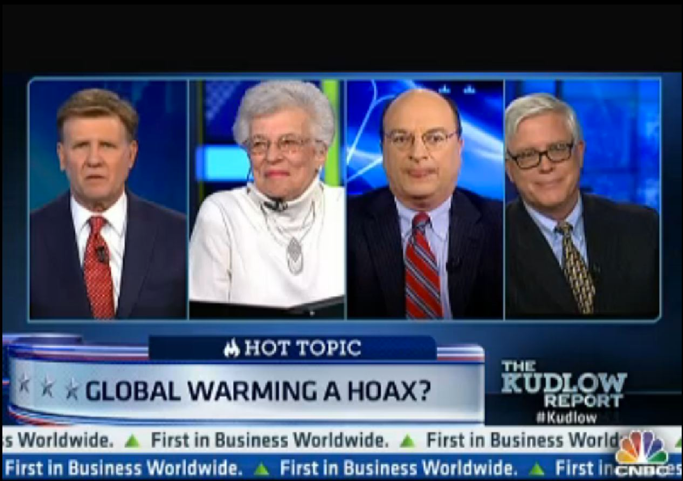
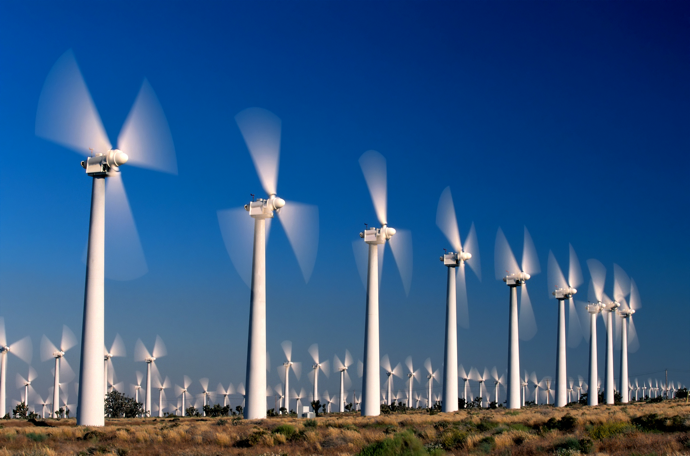
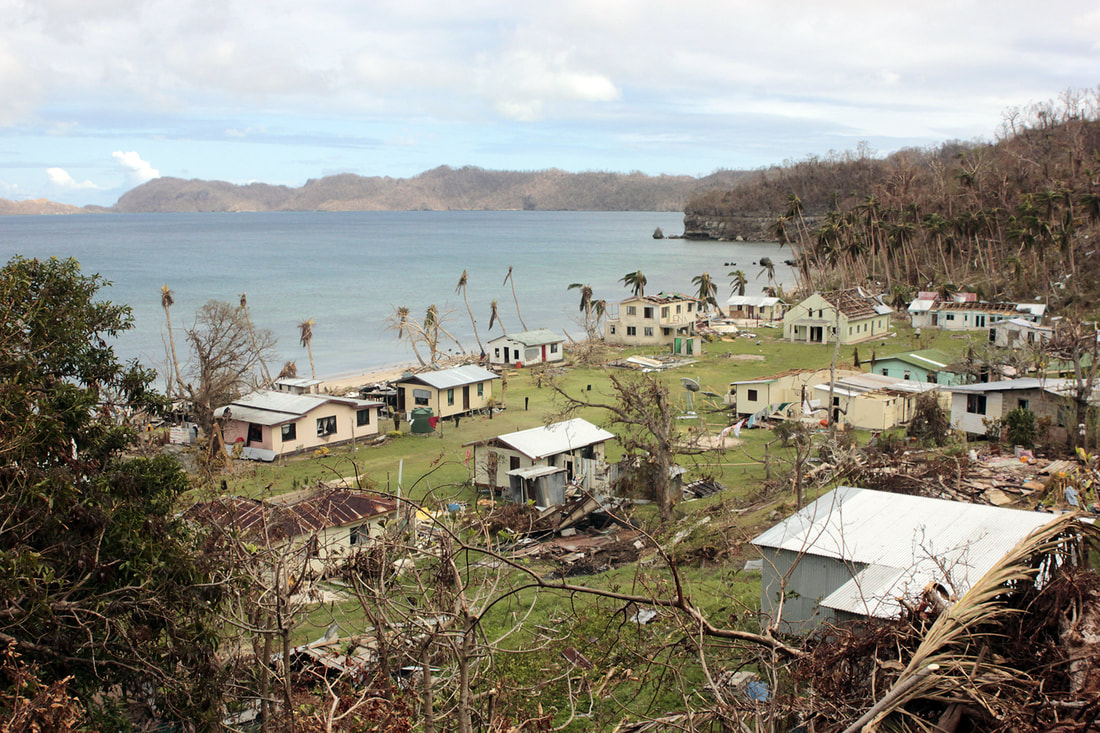
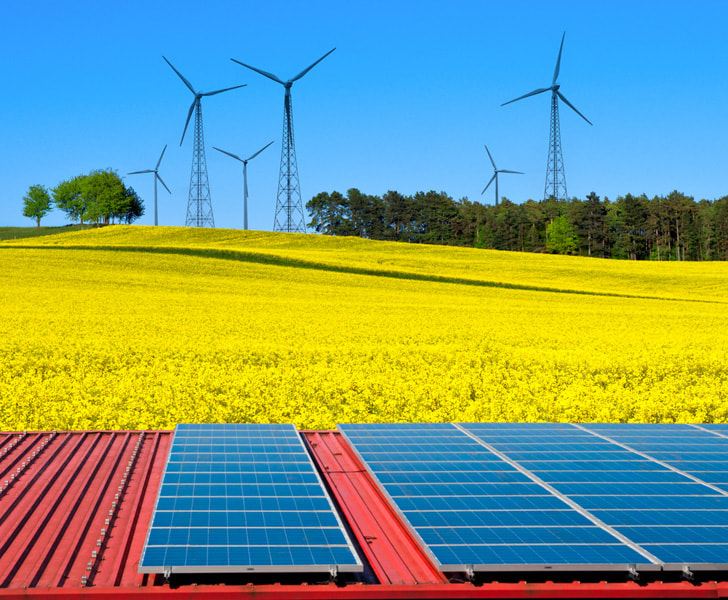
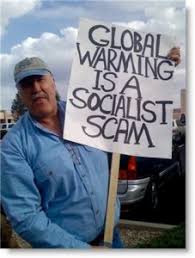
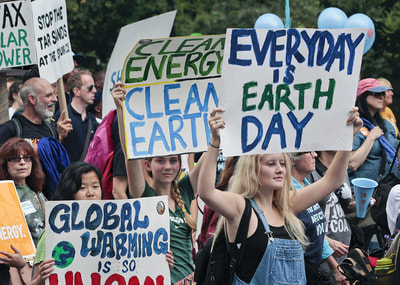
 RSS Feed
RSS Feed
